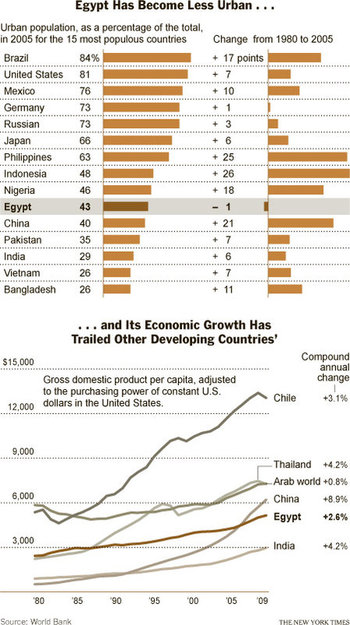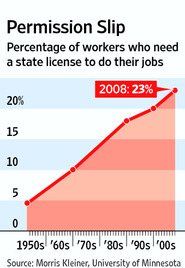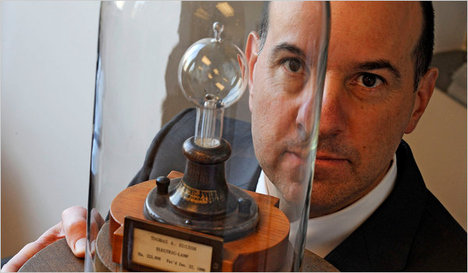Source of book image: http://www.jetagebook.com/
(p. 30) “Jet Age” is ostensibly about the race between two companies and nations to commercialize a military technology and define a new era of air travel. There’s Boeing with its back to the wall and its military contracts drying up, betting everything on passenger jets, pitted against de Havilland and the government-subsidized project meant to reclaim some of Britain’s lost glory. . . .
. . .
But the book is really about the risk-taking essential for making any extreme endeavor commonplace. “Jet Age” celebrates the managers, pilots, engineers, flight attendants and, yes, even passengers (for without passengers there is no business) who gambled everything so that we might cross oceans and continents in hours rather than days.
It is easy to forget, in this time of overcrowded flights, demoralizing security checks, embattled flight attendants and dwindling service, that risk was once embraced as a necessary, even desirable, part of flying. Quoted in the book, the celebrated aviator Lord Brabazon summed it up in post-accident testimony: “You know, and I know, the cause of this accident. It is due to the adventurous, pioneering spirit of our race. It has been like that in the past, it is like that in the present, and I hope it will be in the future.”
For the full review, see:
MICHAEL BELFIORE. “Fatal Flaws.” The New York Times Book Review (Sun., February 6, 2011): 30.
(Note: ellipses added.)
(Note: the online version of the article is dated February 4, 2011.)
The book under review is:
Verhovek, Sam Howe. Jet Age: The Comet, the 707, and the Race to Shrink the World. New York: Avery, 2010.






